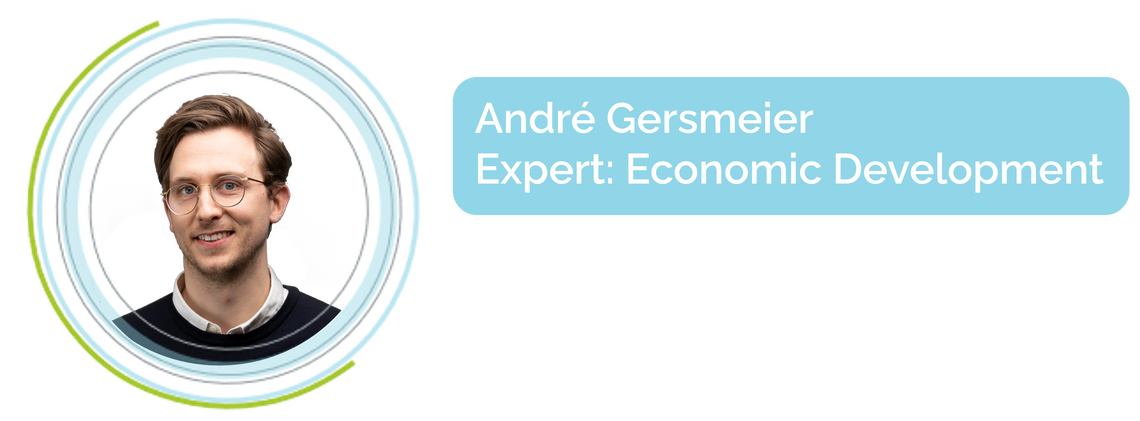Central project evaluation: "Supporting sustainable and inclusive economic development in Colombia"
The ProIntcame project (2018–2021) aimed to improve livelihoods and employment for internally displaced persons and host communities in Meta and Caquetá, Colombia. Mainlevel evaluated the project for GIZ, assessing its impact, efficiency, and alignment with BMZ goals, providing recommendations for future initiatives.
Central project evaluation: "Supporting sustainable and inclusive economic development in Colombia"
The ProIntcame project aimed to improve the livelihoods of internally displaced persons and host communities in Meta and Caquetá, Colombia, addressing the socio-economic challenges these populations face. With a €4 million budget, the project was implemented from January 2018 to March 2021 by GIZ to support economic recovery and social integration in areas heavily affected by Colombia's armed conflict.
Its approach centred on four key areas: strengthening local producer organisations to increase productivity and market access; enhancing employability through tailored training programmes and tools; building the self-management capacities of municipal administrations and grassroots organisations; and fostering partnerships between small producers and medium to large enterprises to create inclusive value chains. This comprehensive strategy aimed to not only boost income and employment but also promote sustainable development and long-term economic resilience in the region.
Conclusions
The ProIntcame project made significant strides in improving the economic and social conditions of displaced populations and host communities. By addressing systemic barriers and adapting to challenges, such as the COVID-19 pandemic, the project demonstrated its ability to remain relevant and effective. Key successes included increased income generation, enhanced employability, and strengthened institutional capacities. However, the project also faced notable challenges, including administrative delays, limited scalability, and difficulties in ensuring long-term sustainability.
- Relevance: The project aligned well with Colombia's peace agreements and national strategies, addressing critical development priorities. However, limitations in its design restricted its ability to fully engage the most vulnerable populations.
Effectiveness: The project successfully supported income generation, employment opportunities, and institutional capacity building, but struggled to expand its scope to achieve broader, systemic change.
Efficiency: Administrative hurdles, particularly delays stemming from regional responsibilities, impeded smooth implementation and efficiency.
Sustainability: While capacity-building efforts laid a solid foundation, sustaining long-term impact will require continued resource allocation and strategic planning.
Recommendations
- Enhance Local Partnerships: Strengthen collaboration with local actors and organisations to create deeper, more sustainable impacts. By leveraging local knowledge and networks, the project can build stronger connections between stakeholders and communities.
- Simplify Processes: Reduce administrative complexities and streamline workflows to improve efficiency. Simplified processes can minimise delays and encourage smoother collaboration between project regions and stakeholders.
- Focus on Inclusion: Refine project designs to ensure better access and support for the most vulnerable populations. Tailored interventions can address the unique challenges faced by those furthest from economic and social opportunities.
- Document Best Practices: Capture and share innovative responses to challenges, particularly strategies developed during the COVID-19 pandemic. These lessons can inform future projects and enhance adaptability in other context
Want to know more? Read the report or get in touch with our expert
